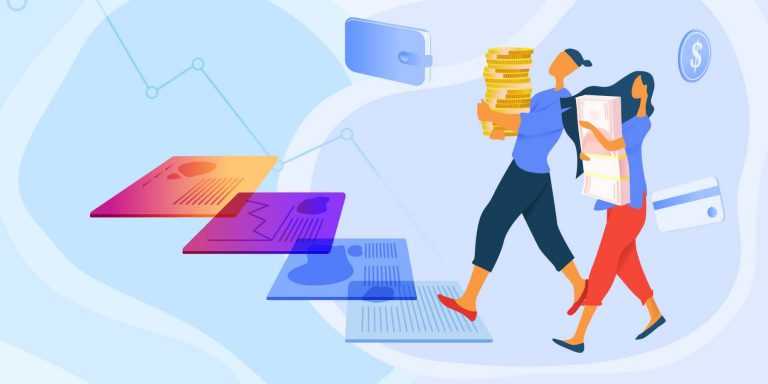It’s no secret that movements of currency and asset prices are attributed to macroeconomic changes. Economic indicators serve as a tool of analysis to evaluate the state of economy and possible investment opportunities. They are published by the government, non-profit organizations or private companies. Paying attention to certain reports will help you understand the direction the economy is headed.
All indicators can be divided into three groups.
Leading indicators
These indicators change before the market has the chance to go into one or another direction. They, therefore, give signals of the changes in conditions and possible future economic events. Such indicators are money supply, sentiment indices, bond yield spreads, stock market indices, and retail sales.
Lagging indicators
They are usually published after certain economic events take place. They reflect established economic conditions. Most of them are brought out at a certain schedule (daily, weekly, monthly) that allows experts and investors to prepare and plan. Among lagging indicators are inflation rate, unemployment rate, GDP etc.
Coincident indicators
These indicators provide information about the current state of the economy, for instance, personal income and industrial production indices.
Let’s have a closer look at the inflation rate and break it down to see how it affects the economy and what to pay attention to.

What is inflation
The effect inflation has on the economy and all kinds of financial instruments is tremendous. It increases the price of goods and services and affects the purchasing power of currencies. Inflation is a good indicator of how much of a return an investor has to maintain in order to preserve a certain living standard.
What can be the sources of inflation? The inflation chain is a cycle:
Demand-pull inflation occurs when the demand for goods increases but the supply stays the same. Suppliers cannot meet the suddenly grown need for the goods, because they need new investments, and raise the prices.
Cost-push inflation is due to a rapid increase in costs for production: energy prices, taxes, wages. The supply for goods decreases as the prices rise, which inevitably leads to inflation.

Is inflation good or bad?
High inflation decreases the purchasing power of money and makes it more difficult for businesses to adjust to the rising prices. It lowers the real interest rates, which is bad for investors in bonds and lenders but good for the issuers and borrowers.
Low inflation makes businesses less eager to invest and increase production, which leads to wage reduction, an increase in unemployment and decrease of the demand, and eventually causes the economy to shrink. This means that it is optimal for the inflation to stay at a balanced level in order to help the economy prosper.

The indicators of inflation are CPI (Consumer Price Index), PPI (Producer Price Index) and PCE (Personal Consumption Expenditure) and they are usually published on a monthly basis. CPI is based on a basket of goods with weights in the basket fixed for several years. It is a practical indicator that is quickly calculated. PCE includes a basket of goods that is constantly changing and accounts for goods substitutions, however, not all data is available monthly – this index can be revised several times within a month.
Usually, putting all other factors aside, the increase of inflation would have a positive effect on commodities, commodity-producing stocks, precious metals, and real estate. On the other hand, it would mean a decrease for bonds, stocks, and local currency. However, inflation is not the only element that affects the economy, so it is very important to rely not just on one but to track other major indicators as well.

